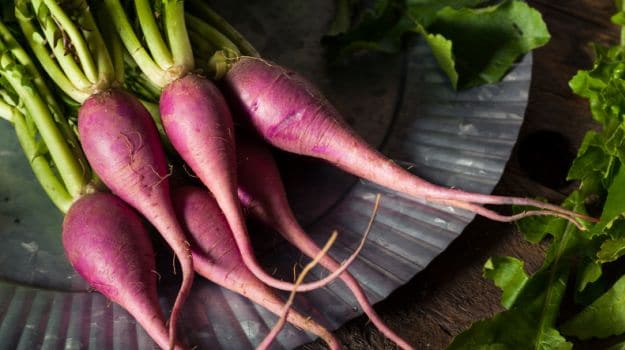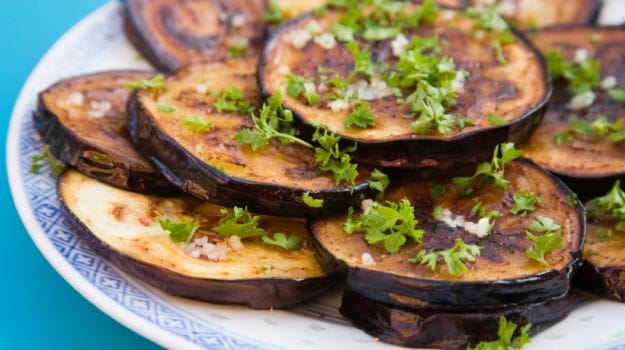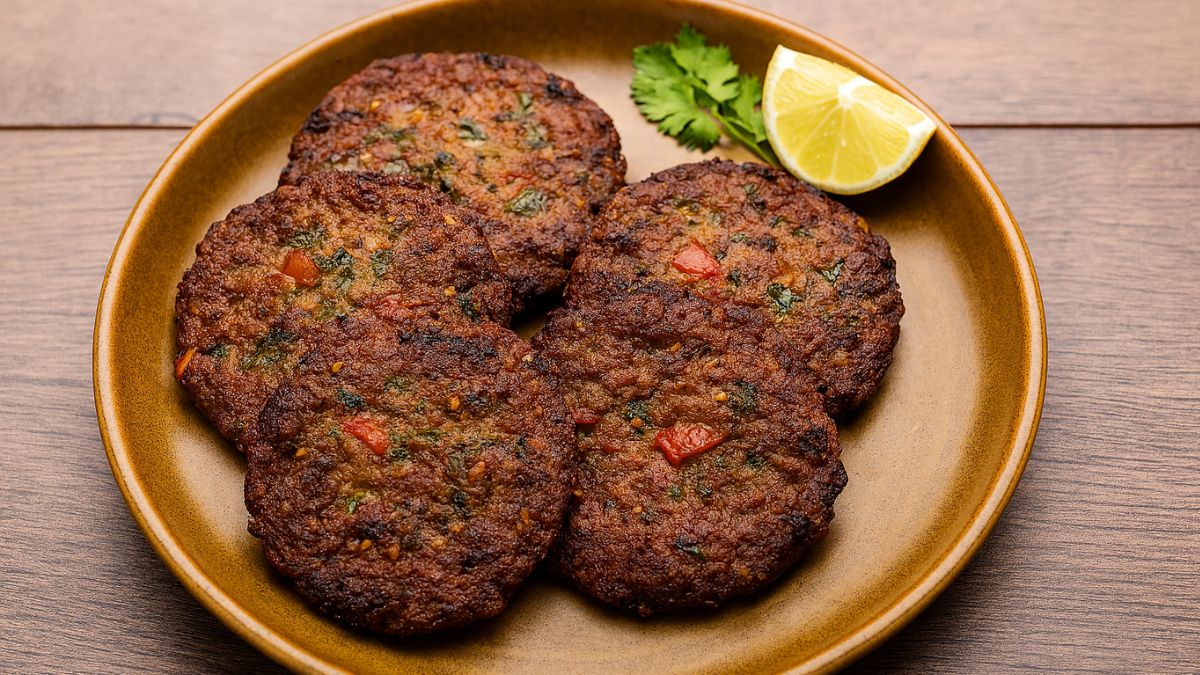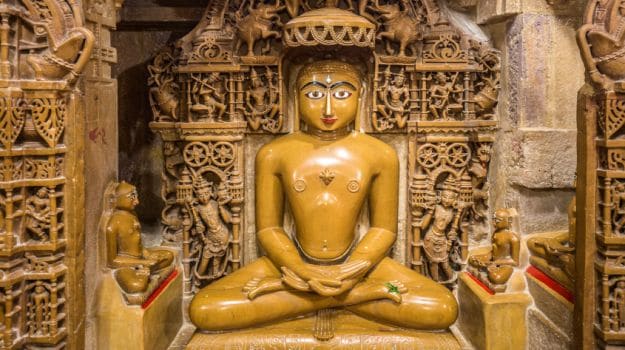One of the most significant days for Jains, Mahavir Jayanti is observed with much enthusiasm all across the world. The day celebrates the birth anniversary of the last Jain tirthankara (holy propagator) - Mahavir. Mahavir Jayanti falls on the 13th day of the Chaitra month every year. It spans between the months of April and May as per the Gregorian calendar. This Mahavir Jayanti 2016, let's delve deeper into the festival and the importance of food in Jainism.
Jainism depends heavily on the teachings of the 24 tirthankaras. These propagators preached a way of lifestyle that is free from any worldly attachments. Non-violence (ahimsa) is one of the most important and primary tenets of Jainism where it preaches not to afflict harm or injury to another living being - human, animal or insects. In Jainism, every living entity - including millions of invisible micro-organisms - holds importance. Those who follow strict Jainism, have their mouths covered all the time so as to avoid inhaling and therefore killing those invisible micro-organisms.
Jainism and Food
According to Jainism, consuming plants for the sake of human existence is fine, but there are strict conditions to it. Veganism is encouraged and any such practice which would harm nature or animals in any possible way is bracketed out. The idea is to minimize one's dependence on the world's resources. Jains are therefore strictly vegetarians and within that, they are selective about what all they eat.
Jains follow strict vegetarianism, a diet which is also known satvik. Satvik meals translate to meals that are light, fresh and full of nature's goodness. On the other hand consuming foods items that may involve harming any living organism or that may induce lethargy, or negativity are strictly excluded. Tubers or bulbs - veggies that grow underground - are avoided as they have the ability to sprout and multiply. Another reason is the fact that the act of uprooting the vegetables results in harming many small insects and micro-organisms.
 Tubers and bulbs like potatoes, radishes etcetera are not consumed by Jains.
Tubers and bulbs like potatoes, radishes etcetera are not consumed by Jains.
Alcohol and non-vegetarian food items are a strict no in Jainism. Fermented food items (that involve micro-organisms like yeast, bacteria to arrive at the final product) and certain bahu-beej (multi-seeded vegetables) like brinjal are also excluded. Many observe strict lacto-vegetarianism and avoid dairy consumption. Food stored overnight or preserved for longer period of time is also avoided.

Brinjal and other vegetables with multiple seeds are also excluded from the dietMahavir Jayanti sees Jains across the globe visiting temples and praying for their well-being. It is a day that involves revisiting the holy guidelines and principles of ahimsa (non-violence), satya (truth), asteya (non-stealing), aparigraha (non-attachment) and bramhacharya (chastity).









